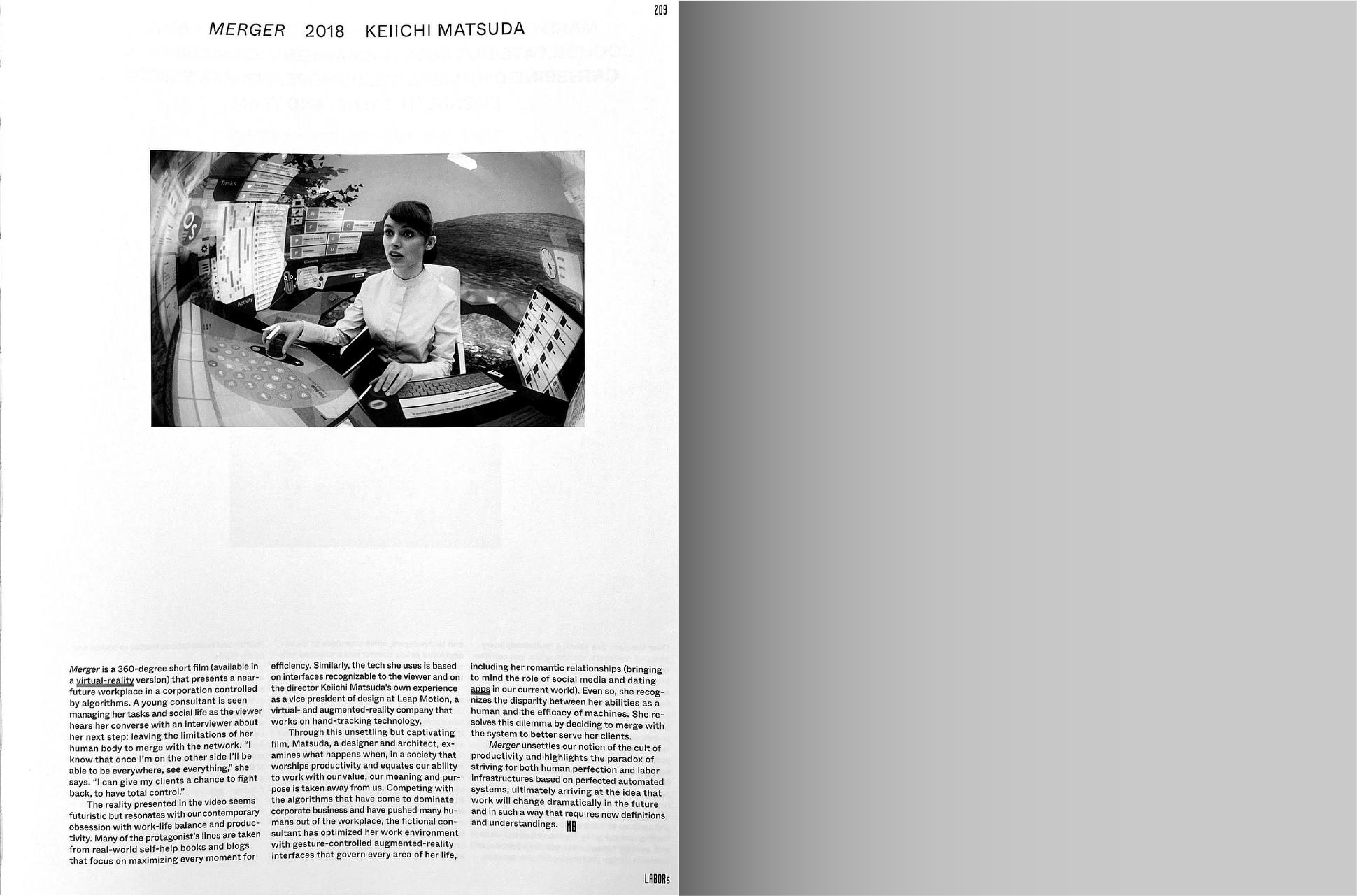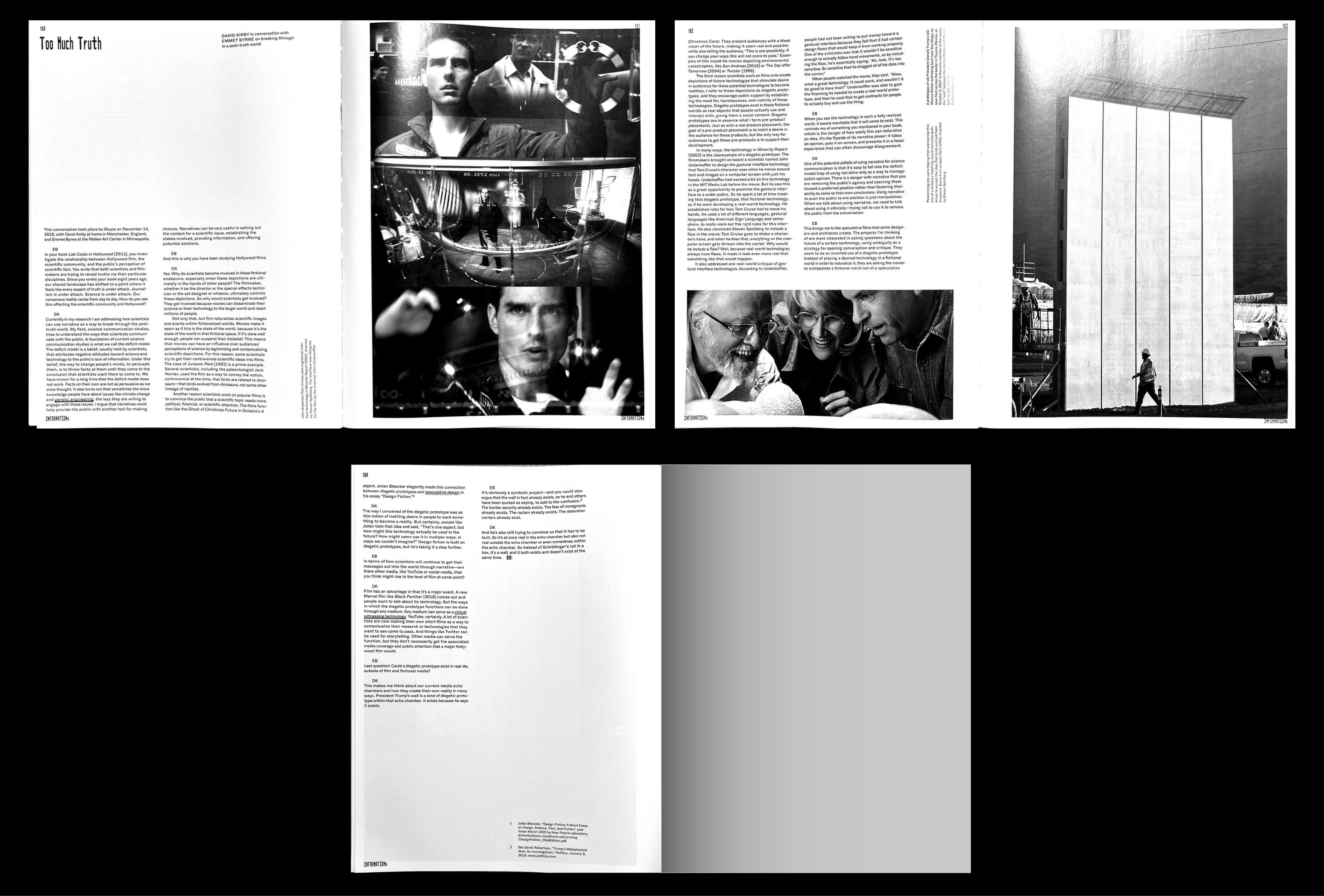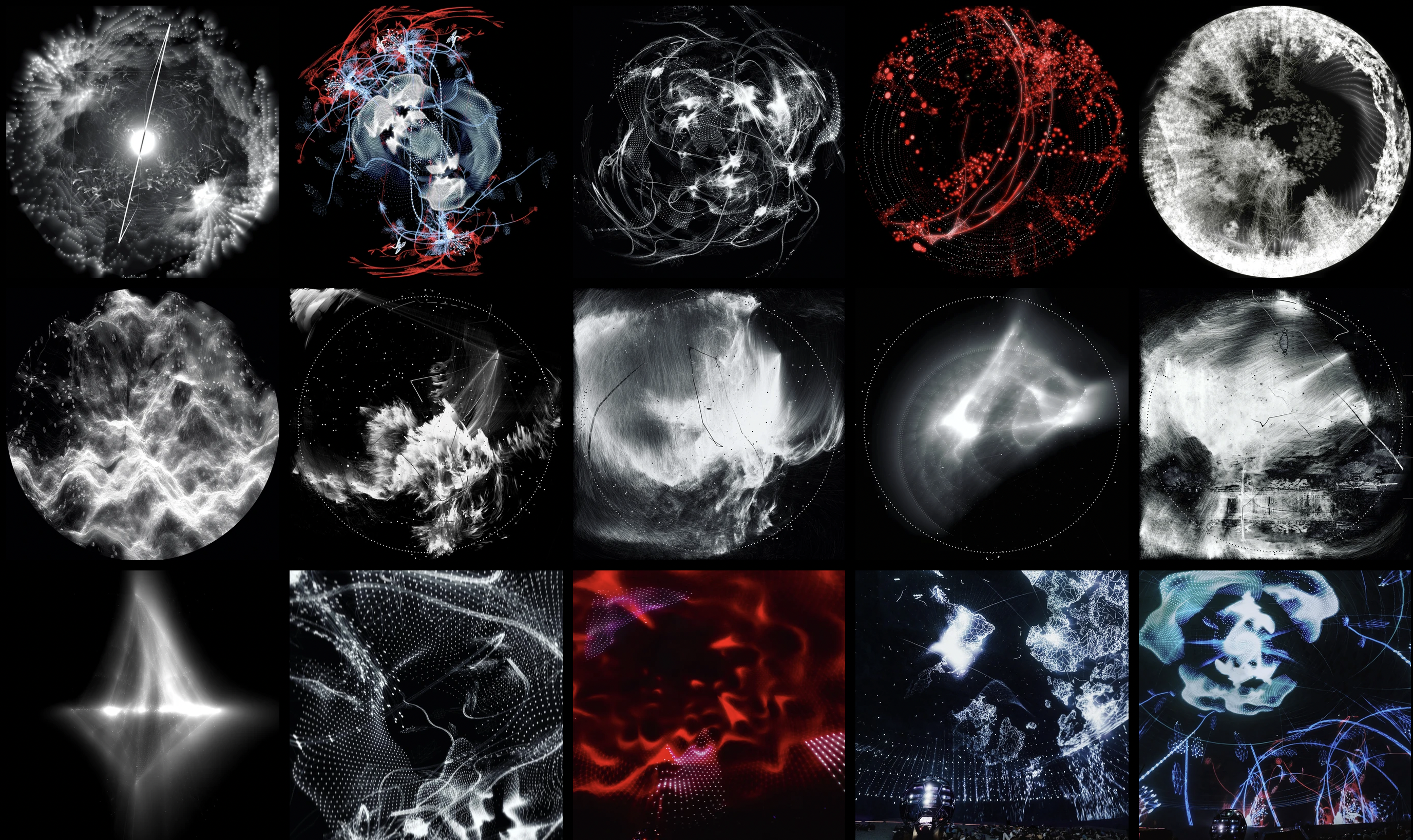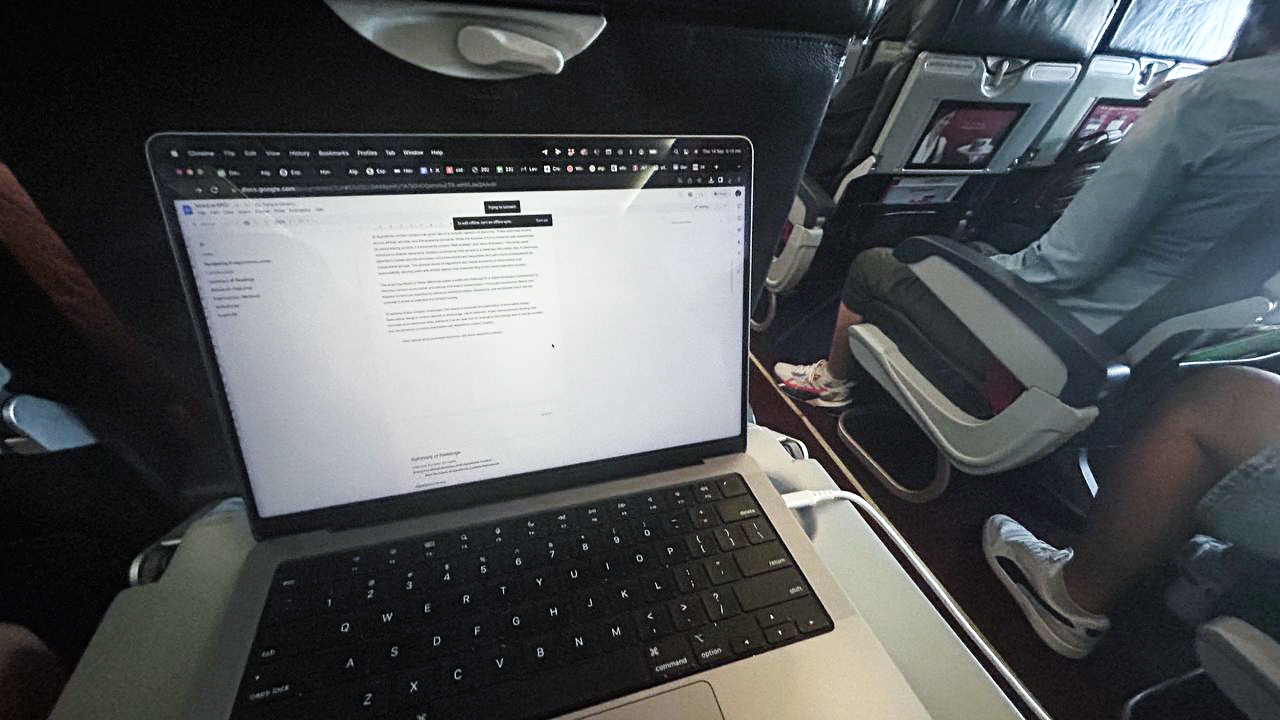▩▩▩▩▩▩▩ WEEK 5 ▩▩▩▩▩▩▩
Summary of Readings
I began writing my RPO awhile ago and it has undergone several revisions since then. Presently, the title
and subtitle remain unconfirmed, as I’m still searching for the more precise key terms. Simultaneously,
while conducting my research, I compiled a list of insights to gain from each of my research pillars.
Subsequently, I used these keywords as a foundation for exploring the interconnections between concepts
and theories. In response to this, I found it necessary to rename my research pillars to eliminate any
potential confusion.
Pillar 1 - Algorithm Dilemmas
I need to highlight the growing significance of algorithmic integration into various facets of daily life and the concomitant rise of concerns regarding their fairness, transparency, and accountability. On top of that, I can include footnotes to give some examples of real life events and the effects of these implications.Pillar 2 - Algorithm Literacy
Algorithm literacy can be broken down into two distinct components: knowledge and awareness, each serving a unique purpose. Algorithm knowledge encompasses a general understanding of what algorithms are and how they operate. On the other hand, awareness involves the ability to recognize and identify algorithms in action during various forms of engagement and interaction.Pillar 3 - Speculative Design
Given the constraints of the word count limit, I'm faced with a choice between delving into the critical reflection aspect of speculative design or discussing its methodologies. My aim is to find a way to seamlessly integrate these two elements. Alternatively, if that proves challenging, I may opt to primarily focus on the critical reflection component, as the RPO primarily centers around justifying my research area. There's also the possibility of incorporating the methodology within the research approach section.After gaining a comprehensive understanding of what constitutes algorithm literacy, it became considerably more straightforward for me to pinpoint and align my research objective with the chosen approach of exploring with speculative design. My primary concern at this stage revolves around assessing the effectiveness of my chosen research methodology. I'm currently grappling with the challenge of devising appropriate tests for measuring algorithm literacy. This uncertainty has led me to consider framing my subtitle and research objective in a manner that avoids prematurely drawing conclusions.
During my exploration of speculative design, I came across several projects that featured keywords such as "echo chambers," "algorithms," and "social media." These projects provided valuable insights into their respective approaches. Interestingly, I observed that speculative projects often focus less on evaluating the effectiveness of this design approach and more on generating discourse—engaging in meaningful questions and conversations within the context of the problem posed.

Merger, 2018, Keiichi Matsuda – Designs for Different Futures

Too Much Truth, David Kirby in conversation with Emmet Byrne on breaking through in a post truth world – Designs for Different Futures
Generative AI Talk
The talk provided valuable insights into the practical applications of generative AI, not only
within the realm of visual aesthetics but also in the creative conceptualization process. Rodger's
demonstration of how the gaming industry harnesses machine learning to generate content and experiment
with various concepts was particularly intriguing.
One notable highlight of his talk was the significant time-saving aspect of this implementation in game
development. The potential time saved, ranging from weeks to months, represents a substantial advantage,
allowing creative teams to allocate their resources more efficiently to other critical project facets.
I've previously encountered Weidi's work, which has consistently captivated my interest due to her
incorporation of speculative design and concept art. Her project "Astro," in particular, stands out as it
challenges the conventional focus on space exploration by redirecting our attention to Earth, our home
planet. This method of questioning and offering alternative perspectives holds the potential to enrich my
research.
Furthermore, both Weidi and Rodger extensively engage with data in their projects. Their adeptness in
translating collected data into abstract visuals with contextual significance offers me an additional
dimension to explore in my research methodology.
In their collaborative project "Recollections," they ventured into the realm of utilizing AI to
reconstruct memories based on fragmented language. This project seamlessly integrates several AI
methodologies, including speech recognition, text auto-completion, and text-to-image modeling. The primary
objective here is to offer solace and comfort to dementia groups through the fusion of generative AI with
art, language, and narrative.
Upon reflecting on this project, it has provided valuable insights into how speculative design can offer
fresh perspectives on problem-solving and serve as a catalyst for further research. It serves as a
compelling example of how innovative technologies, coupled with creative thinking, can pave the way for
addressing complex challenges, such as improving the lives of those dealing with memory-related issues.

Astro - Project by Weidi Zhang

Recollections - Project by Weidi Zhang and Rodger Luo
Mental Health Check
As we approach week 7, I'm grappling with a sense of burnout and anxiety. My creative process has always
been somewhat erratic, and I find it challenging to schedule dedicated blocks of time for productive work.
Balancing both my job and FYP hasn't been an issue in terms of time management, but I'm struggling to
translate those scheduled hours into productive work. One factor exacerbating this issue is the disruption
of my sleep patterns; I often wake up in the middle of the night to capture those elusive moments of
creative inspiration.
I'm also somewhat apprehensive about the critical journal aspect of my project because I haven't delved
into the practical making aspects yet. At this stage, I'm primarily exploring various applications and
trying to determine which one is most feasible within my constraints—considering factors like time,
skills, and knowledge. While I don't consider my research topic overly complex, it can be challenging to
continually reaffirm my position within it.
Nonetheless, I remain confident and enthusiastic about the eventual outcome. From the outset, I've
undergone a series of elimination processes to arrive where I am today. I believe that once everything
settles and finalizes, the path forward will become clearer and more manageable.

Writing my RPO 36,000 feet in the air